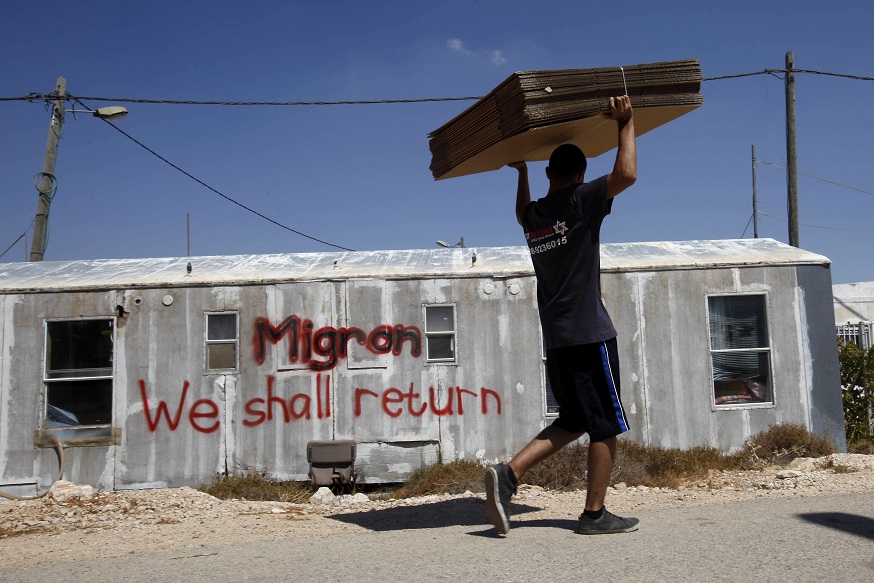By Marwa Al-A’aras
CAIRO: After his resignation was rejected by the ruling Supreme Council of the Armed Forces (SCAF), Deputy Prime Minister Yehia El-Gamal said Wednesday evening it was not the first time he attempted to leave this post.
“Due to many circumstances, I presented my resignation to [Prime Minister Essam Sharaf] but he turned it down more than once,” El-Gamal said in a telephone interview with Al-Hayat Al-Youm talk show.
El-Gamal, also a constitutional law professor, explained that the issue dates back to last week.
He said Sharaf eventually accepted the resignation on June 15 after pressure, sending it to the head of the SCAF Field Marshal Mohamed Hussein Tantawy.
“I told him I was exhausted health-wise and that I also had other reasons,” he said.
“A day later, the field marshal called me saying the issue was out of the question,” El-Gamal added, declining to mention the political motive behind his decision.
He also offered no explanation as of why the news was only released this week. He was unavailable for comment when contacted by Daily News Egypt.
A military source told AFP that El-Gamal tendered his resignation on health grounds. “We must stand together during this critical time for the good of the nation, even if it comes at personal expense,” the source, who spoke on condition of anonymity, quoted Tantawy as saying.
Gamal was named deputy prime minister when the post was created just days after president Hosni Mubarak was ousted in February.
The octogenarian stayed on as deputy premier when Prime Minister Essam Sharaf was picked to head the Cabinet. Although Sharaf enjoys popular support, his cabinet has been criticized for being powerless under the rule of the military council.
Most recently, El-Gamal said in media statements the constitution should be drafted first before parliamentary and presidential elections are held.
Several political forces, including the advocates of holding elections prior to drafting a new constitution, had recently criticized the performance of El-Gamal. He was also accused of belonging to the former regime.
“Since SCAF announced the constitutional decree … it has the constitutional legitimacy to adjust it. But it seems they don’t want to … [so that] elections are held and the country can be handed over to an entirely civil authority,” El-Gamal said.
On March 30, the SCAF announced a 62-article constitutional decree that included articles approved in a nation-wide referendum, stipulating that an elected parliament and president must call for drafting a new constitution within six months. –Additional reporting by AFP

